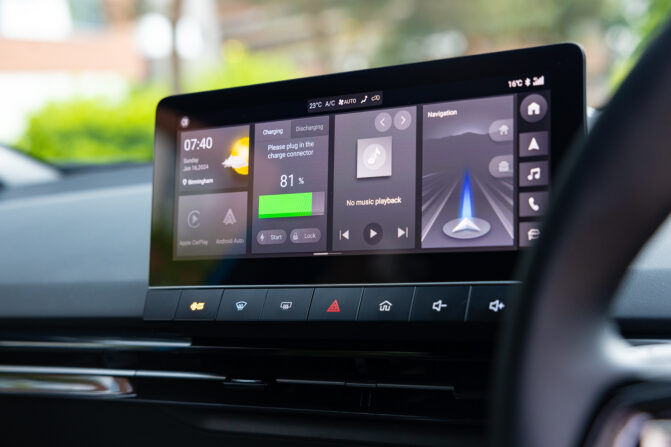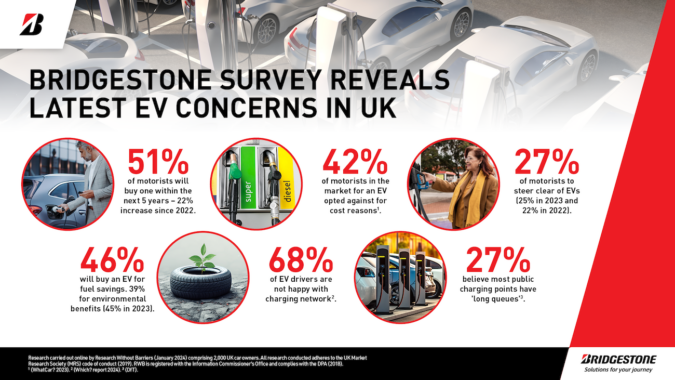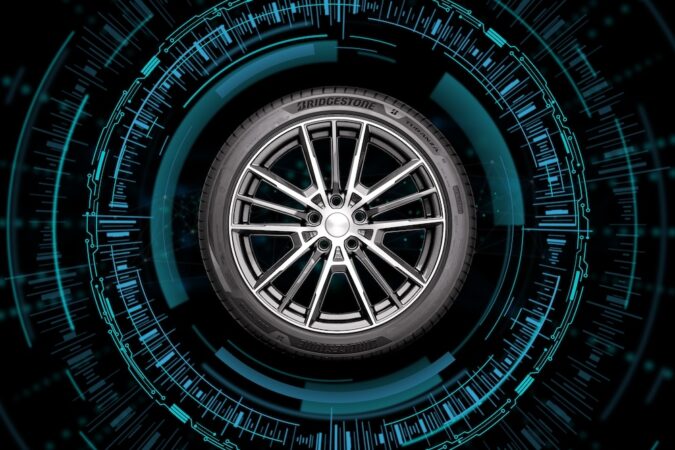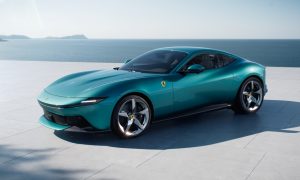The electric vehicle revolution is gaining traction worldwide, but in the UK, drivers are experiencing mixed feelings about the transition from internal combustion engines to electric powertrains. A recent survey conducted by Bridgestone sheds light on these divided opinions, revealing a complex landscape of acceptance and resistance towards EV adoption.
Growing Resistance to EVs
According to the survey, 27% of UK motorists have declared that they will never purchase an EV, marking a significant increase from 22% two years ago. This resistance highlights a growing segment of the population that remains skeptical about the benefits and feasibility of electric vehicles. Key concerns driving this reluctance include the lack of access to charging points, the high initial cost of purchase, and persistent range anxiety.
Charging Infrastructure: A Major Hurdle
One of the most significant barriers to widespread EV adoption is the lack of access to charging points. The Bridgestone survey found that 64% of respondents cited this as their number one concern. This finding is corroborated by a 2024 report from Which?, which claimed that 68% of EV drivers were dissatisfied with the UK’s charging network. Without a robust and accessible infrastructure, many drivers are hesitant to make the switch to electric.
Cost Concerns and Range Anxiety
The initial cost of purchasing an EV remains a substantial deterrent for 63% of motorists, according to the survey. Despite the potential long-term savings on fuel and maintenance, the higher upfront price tag can be prohibitive for many. Additionally, 47% of drivers express ‘range anxiety’—the fear that an EV won’t have enough battery life to complete longer journeys. This concern is echoed in the 2023 WhatCar survey, where 42% of motorists cited cost as a key factor against opting for an EV.
Bridgestone’s Commitment to EVs
Despite these challenges, Bridgestone is committed to supporting the transition to electric vehicles. Their ‘EV Ready’ tyre technology, exemplified by the Bridgestone Turanza 6, is designed to optimize performance for both internal combustion engine (ICE) models and electric vehicles. These tyres feature low rolling resistance to alleviate range anxiety, higher wear tolerance to handle the increased weight and torque of EVs, and decreased noise for a more comfortable ride.
Moving Towards a Sustainable Future
The survey results underscore the need for a comprehensive strategy to address the concerns of UK motorists and encourage EV adoption. Bridgestone North Region Vice President Andrea Manenti emphasizes the importance of a unified approach among automotive groups and businesses, combined with targeted investments, to shift public perception and readiness for electric vehicles.
In 2024 alone, the Society of Motor Manufacturers and Traders expects 414,000 new battery electric vehicles (BEVs) to hit UK roads, with the millionth BEV having joined the roads in January 2024. This growth trajectory indicates a significant move towards electrification, despite the existing challenges.
Bridgestone’s E8 Commitment
Bridgestone’s ‘EV Ready’ strategy is part of their broader E8 Commitment, which focuses on eight key areas: Energy, Ecology, Efficiency, Extension, Economy, Emotion, Ease, and Empowerment. This commitment aims to advance sustainable tyre technologies and solutions, reinforcing Bridgestone’s dedication to providing social and customer value as they drive towards a sustainable future.
Conclusion
The electric vehicle revolution is undoubtedly underway, but as the Bridgestone survey reveals, there is still much work to be done to convince a significant portion of UK motorists to embrace this change. Addressing the concerns related to charging infrastructure, initial costs, and range anxiety will be crucial in ensuring a smoother transition to electric mobility. Bridgestone’s initiatives and commitment to both ICE and EV technologies demonstrate a balanced approach to navigating this hybrid state of mind among UK drivers.






